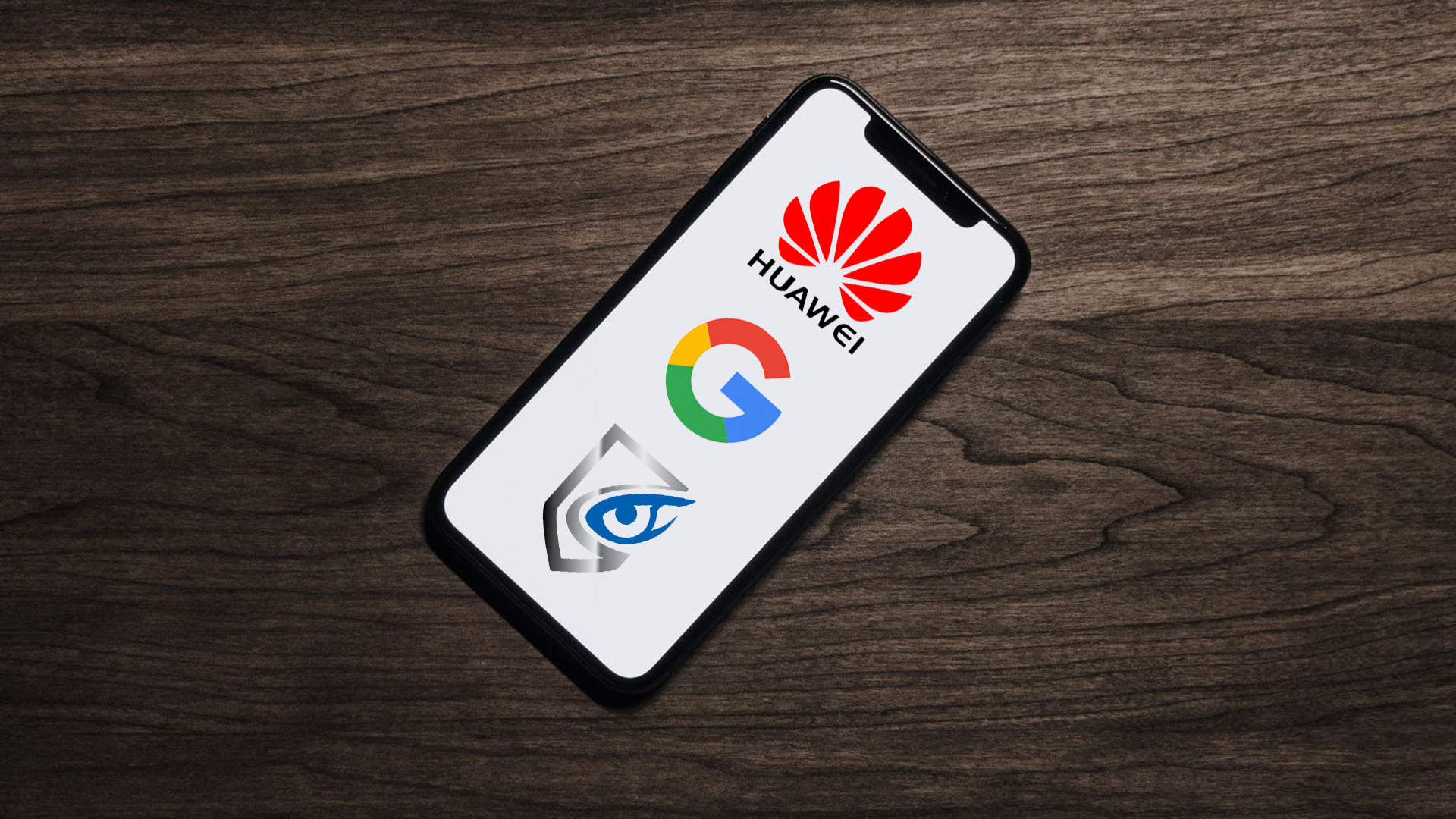What is Huawei?
Huawei is a Chinese telecommunications-equipment company that is similar to Apple. They are based out of Guangdong, China, and they sell networking equipment, computers, and – most notably –smartphones. They are the #1 telecommunications supplier and the #2 smartphone maker in the world. Huawei is (was) also the fastest growing smartphone manufacturer in the world – even anticipated to surpass Samsung.
What’s their story?
In and out of the news, Huawei has been the center of attention for some hot-button issues since the end of 2018. With the arrest of their CFO in December – who now faces extradition to the United States – their public relations have been in a constant state of panic since.
Huawei’s CFO, Meng Wanzhou, was arrested in Canada per a request from the United States Justice Department. The charges allege that she helped the company evade U.S. sanctions on Iran; Wanzhou used a subsidiary called Skycom to circumvent the sanctions and conduct business with Iran. She faces up to 30 years in prison if found guilty.
Recently, Huawei is under the spotlight once more for fears that their products are being used as a mass form of spying for the Communist Party of China (CPC). As the U.S. builds and expands its’ 5G network, government use of Chinese products from Huawei have been banned, citing security concerns that the telecommunications company could be exploited by the CPC for espionage. The United States Department of Commerce has issued a ban preventing any U.S. company from conducting business with Huawei. This means that Google, owner of the Android operating system that supports their smartphones, will no longer be allowed to push updates to Huawei products.
Not only Google, but other U.S. companies will be directly affected by the Huawei ban. Microsoft, Nvidia, and Intel will also see negative results due to the fact that Huawei uses many of their components in their laptops.
The Ban
Earlier this year, Huawei was hit with 23 indictments for trade secret theft, wire fraud, and obstruction of justice by the United States Department of Justice. These charges state that:
Huawei intentionally conspired to steal the intellectual property of an American company in an attempt to undermine the free and fair global marketplace… To the detriment of American ingenuity, Huawei continually disregarded the laws of the United States in the hopes of gaining an unfair economic advantage.
Huawei has a short grace period – 3 months – to continue business operations per usual. Around the middle of August, 2019, the company’s ties to tech-giant Google will be eliminated. This means that all Huawei smartphones running the Android operating system will no longer receive updates; this affects Huawei consumers not just in the United States, but all around the world.
ZTE
Another Chinese telecom company, ZTE, was given the same ban in 2018. They, too, were found guilty of evading sanctions and selling American technology to Iran and North Korea – nearly $32 million worth of products. ZTE then lied to investigators when it declared the deals were no longer happening.
ZTE received the same treatment as Huawei and were restricted from conducting business with any U.S. companies. However, after paying a $1 billion penalty and placing $400 million in a U.S. bank escrow account, ZTE was once again allowed to operate – this time under a 10-year suspended sentence (probationary period). To continue, a United States compliance monitor was to operate within ZTE. The Chinese tech-company was also placed on a list of companies U.S. suppliers are banned from conducting business with without a government approval. Part of the deal was also that new executives had to be appointed, and the employees who assisted in the wrongdoing be reprimanded/receive salary-reductions. Instead, the U.S. found that those employees were rewarded for the illegal conduct. While ZTE fired four of its executives, they failed to provide documentation that the other employees were reprimanded – but they still claimed that they were. This ultimately lead to the revocation of their suspended sentence, and they are once again not allowed to work with businesses in the United States.
What does this mean?
Huawei’s severance with U.S. businesses means a couple of things. Google security services, such as Google Protect, and other services like the Google Play Store, will still operate like normal for the time being. However, it is not yet determined if support will continue for those services after the ban goes fully into effect. This furthers the Chinese company’s reliance on American technology to maintain their current business operations.
Huawei long-ago realized their dependence on American companies, especially Google, for their business operations. Because of this, they have been in the process of developing their own operating system, and they have even started to build out their own app store. The problem with this tactic is getting users to switch over to their new system. It means that they are attempting to enter a market that has extremely high barriers to entry – so high that even trillion-dollar-business Amazon’s app store has been barely noted by consumers. Not only that, but U.S. based companies will not be able to provide their applications on Huawei’s new app store; this means no Snapchat, Instagram, Facebook, YouTube, Netflix, Pandora, and many more.
For U.S. businesses, the ban is not well received. Huawei spent $70 billion in 2018 purchasing components for their products; $11 billion of that went directly to U.S. firms such as Qualcomm, Intel, and Micron Technology. In anticipation of the ban, Huawei built up a 3-month supply of the parts that they use from U.S. companies.
Experts in the industry say that the ban will do more to hurt United States consumers than it will Chinese, and the ban will do little-to-nothing to resolve the CPC spying issue.
Cybersecurity experts worry the ban will hurt U.S. tech companies more than it hurts the Chinese telecom giant, and it will diminish U.S. influence over the security of new technologies… Not only does this hurt the immediate bottom line of U.S. companies, it will simply lead to Huawei turning elsewhere for its supply needs to the long-term detriment of our technology sector.

